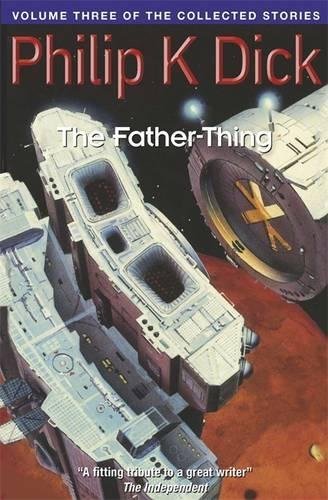What do you think?
Rate this book


Volume 3/5. Includes stories from 1953-1959:
- Fair Game
- The Hanging Stranger
- The Eyes Have It
- The Golden Man
- The Turning Wheel
- The Last of the Masters
- The Father-Thing
- Strange Eden
- Tony and the Beetles
- Null-O
- To Serve the Master
- Exhibit Piece
- The Crawlers
- Sales Pitch
- Shell Game
- Upon the Dull Earth
- Foster, You're Dead
- Pay for the Printer
- War Veteran
- The Chromium Fence
- Misadjustment
- A World of Talent
- Psi-Man Heal My Child!
Other editions of this volume are titled:
- Second Variety [by Citadel],
- Second Variety and Other Classic Stories [by Citadel],
- Upon the Dull Earth,
- Upon the Dull Earth and Other Stories
Editions published by Citadel include "Second Variety" into Volume 3, whereas other editions had it in Volume 2.
376 pages, Paperback
First published May 1, 1987
LET'S HAVE EMPATHY AND KINDNESS
MY FELLOW HUMAN BEINGS